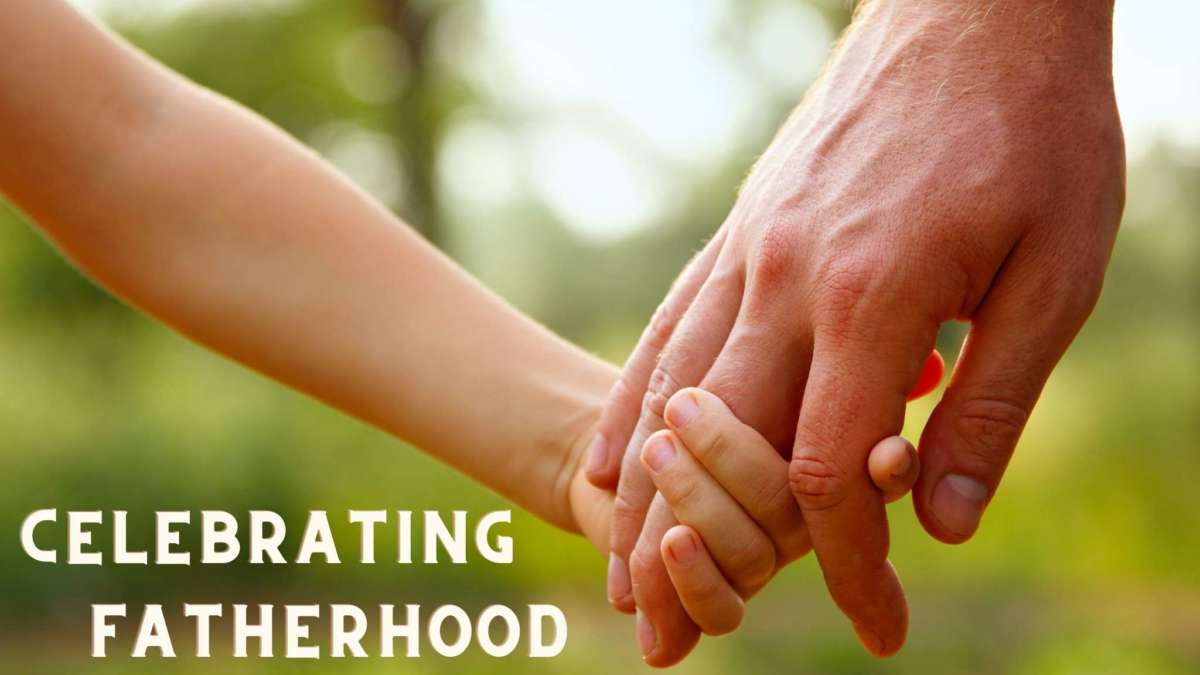You can’t pick your father; you just arrive into this world and hope for the best.
My father was not someone to be revered, but he was the head of my childhood household. He fought with my mother and sent me and my two siblings to an orphanage on Staten Island, NY in the late 1960s.
Who does that? An alcoholic piano player who is more interested in getting drunk than spending time with a five-year-old watching cartoons. Yet he often extolled how he “raised you kids the right way,” slurring his words for emphasis.
I learned to be a father by doing exactly the opposite of how the father figures in my life treated me. With my biological father, his piano got more attention than I ever did, while my foster father barely gave me the time of day (and he always wore a watch). I knew what I didn’t like about them and corrected my own behavior … most of the time.
But what is a “good father” anyway? If you ask ten people, they will provide ten different answers. That’s not because any of them are necessarily wrong. My definition is my own, based on personal experience. So, too, is yours.
A father could be seen as a leader, a mentor, a biological family member, a foster family member, and a lot of things in between. I try not to think of it as pretentiously as that. The kind of father you are is not something of your choosing but the effect you have on those in your charge. Actions speak louder than words.
Fatherhood to me is showing love and dedication. Mostly because my own father didn’t give me those. With my children (I have three) I try to be a leader by example. If I don’t want my kids to do something, I don’t do it myself — even if I’d like to sometimes.
It would seem that being a father is the easiest thing in the world, but I’m telling you it’s not. You have to “be a man” yet cuddle with your kids when they need it. You want to be their friend but always fear that it will ruin everything because they won’t respect you. We constantly hear that “kids need guidance and someone to emulate, not a ‘bro’ to hang with,” but the attraction to do so is often irresistible.
The best thing about being a dad is the pride in raising another human being. That’s powerful stuff. It makes you somebody when you might not feel that important in the grand scheme of things around you. Mostly, you just want to make the experience for everyone around you more positive and nurturing. It doesn’t always work out that way, but I certainly try.
What I’ve learned as a father is to listen and react accordingly. I’m there when my kids need me and back away when they don’t. Everybody wants a father, but unfortunately, not everyone has one. I try to remember that, and then begrudgingly pick up dirty clothes from my 27-year-old son’s room. It’s not glamorous but it’s extremely fulfilling — minus the dirty socks part.
The emotional experience of fatherhood isn’t something that can be easily put into words, either. It’s wonderful. It’s terrifying. It’s a job that begins at conception and goes … until the day you die.
Holding your daughter’s little hand is precious. Being present in her life — like when she can’t figure out her math homework — matters more.
Actions speak louder than words. Being there through all of the ups and downs is what makes us special. In the end, fatherhood is in the eye of the beholder — the one holding his kids, that is.
RELATED POSTS
True Grit in “The Bond,” a Memoir About Family Survival
Happy Father’s Day to All the Dads – the Real Ones and Fictional Fathers, Too!





What a beautiful tribute to Fatherhood. You did a Great job with your family.